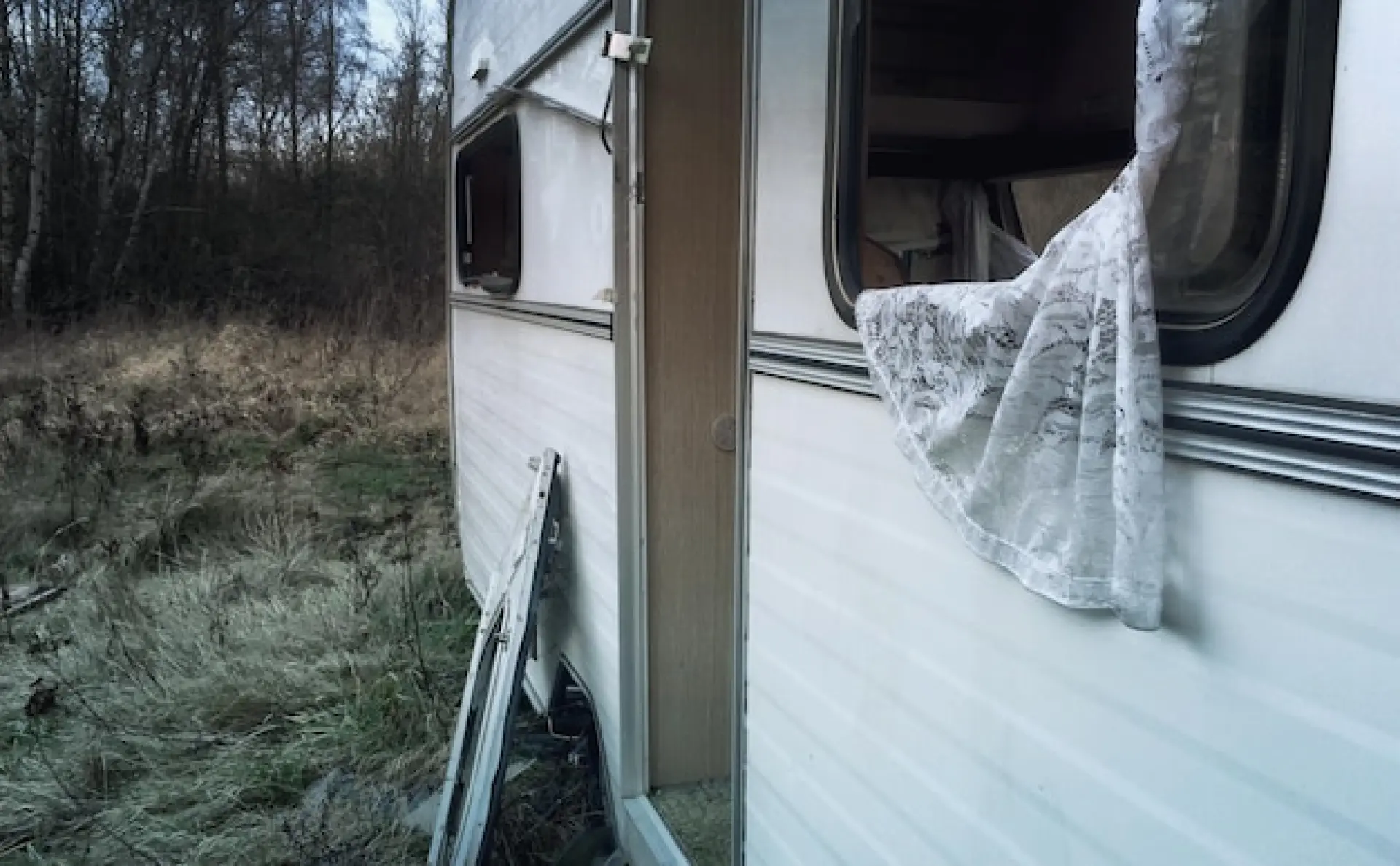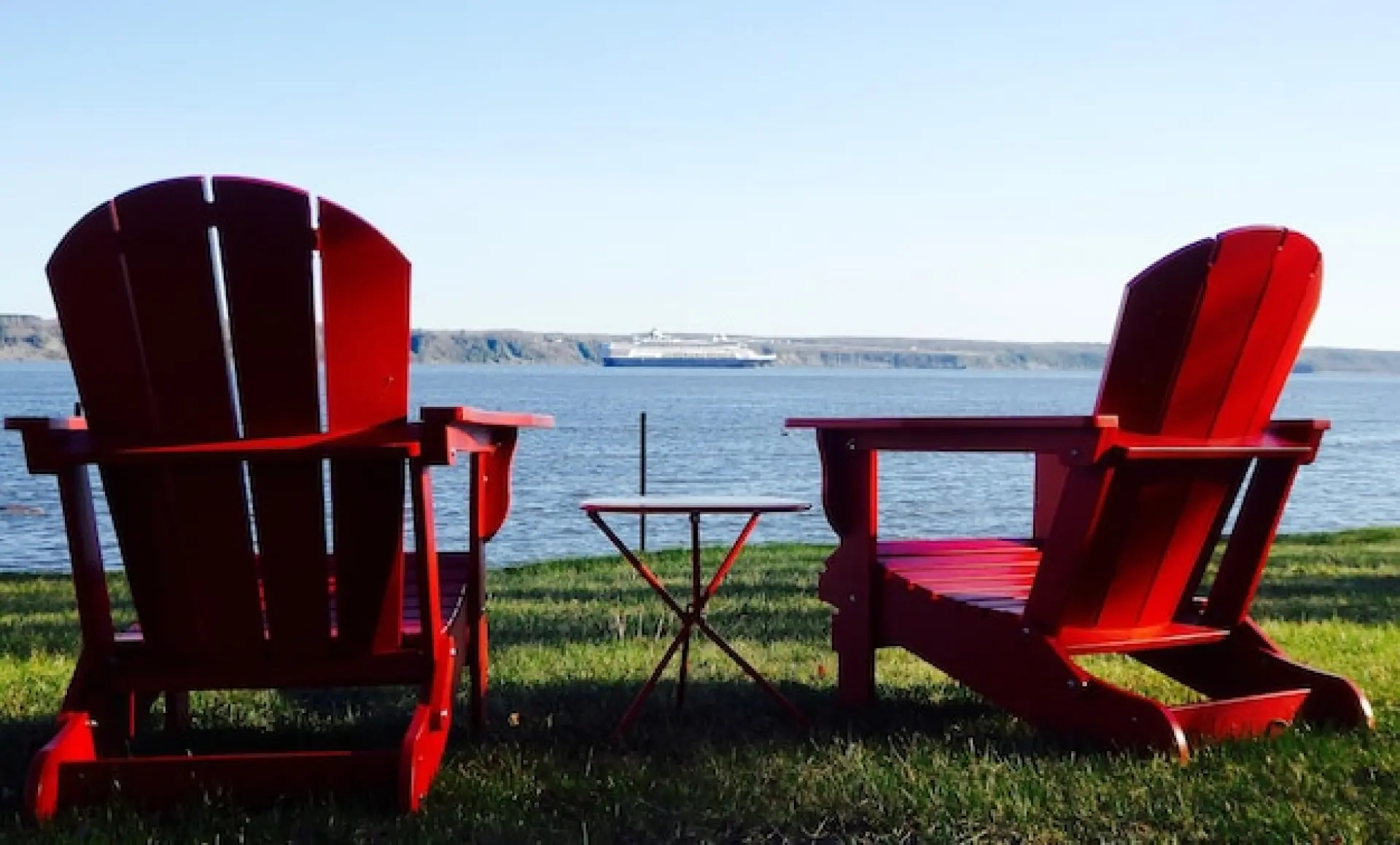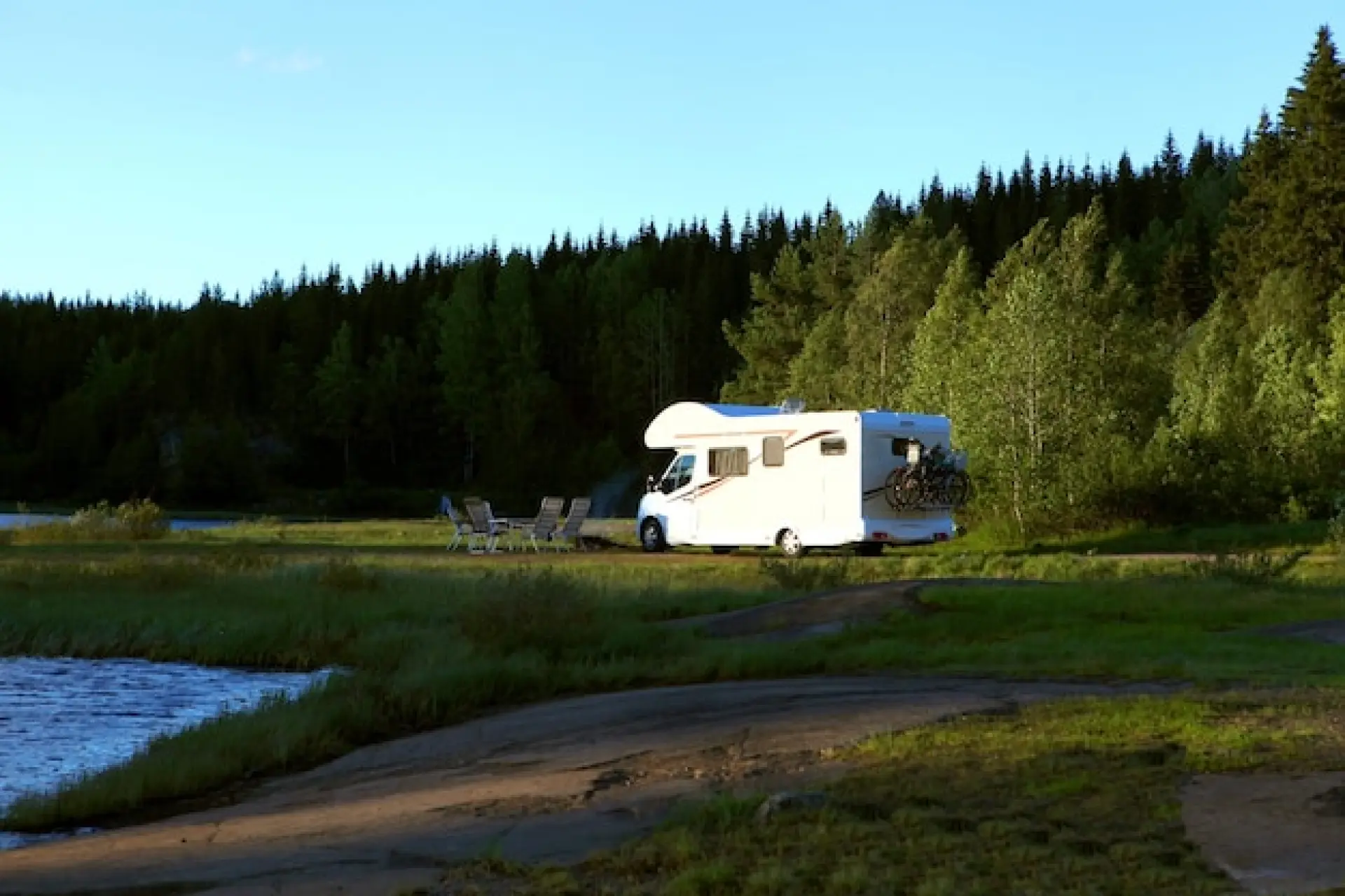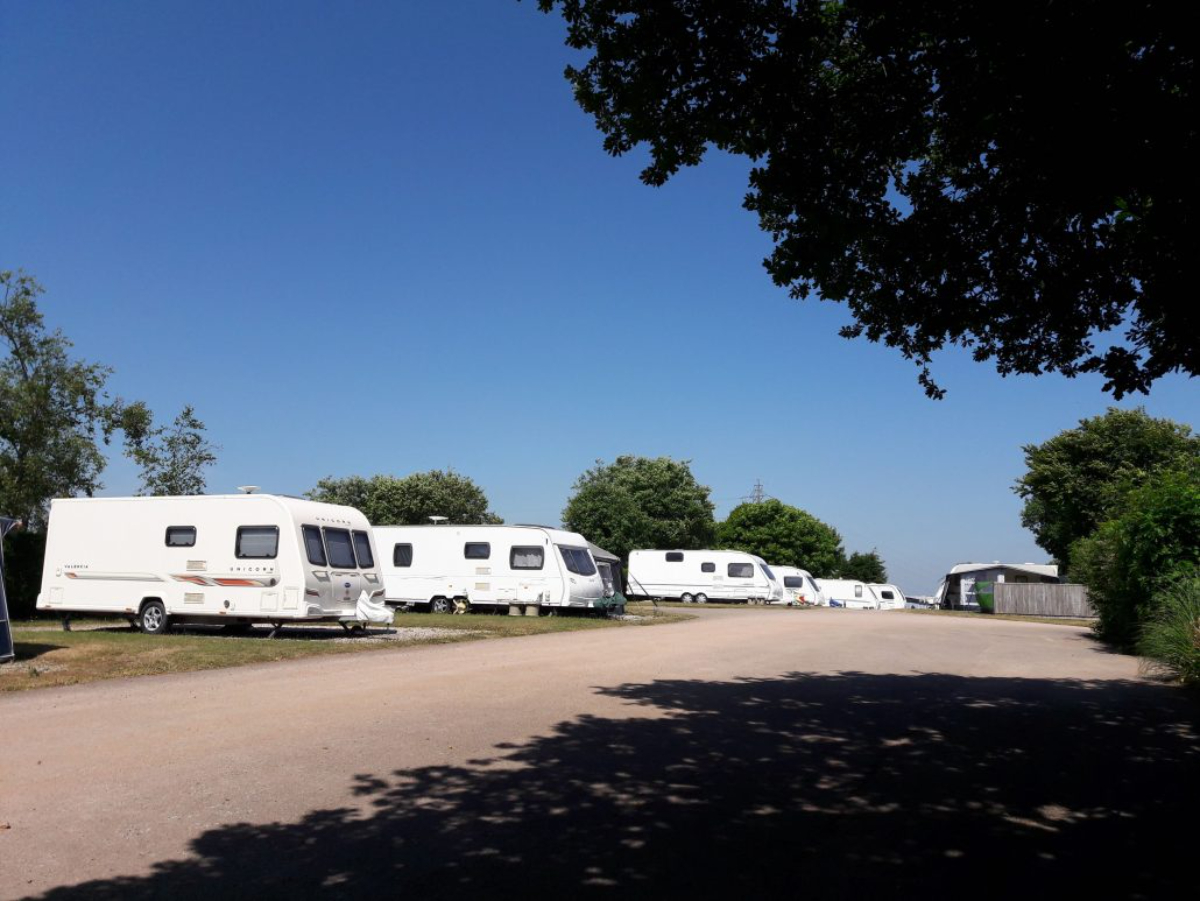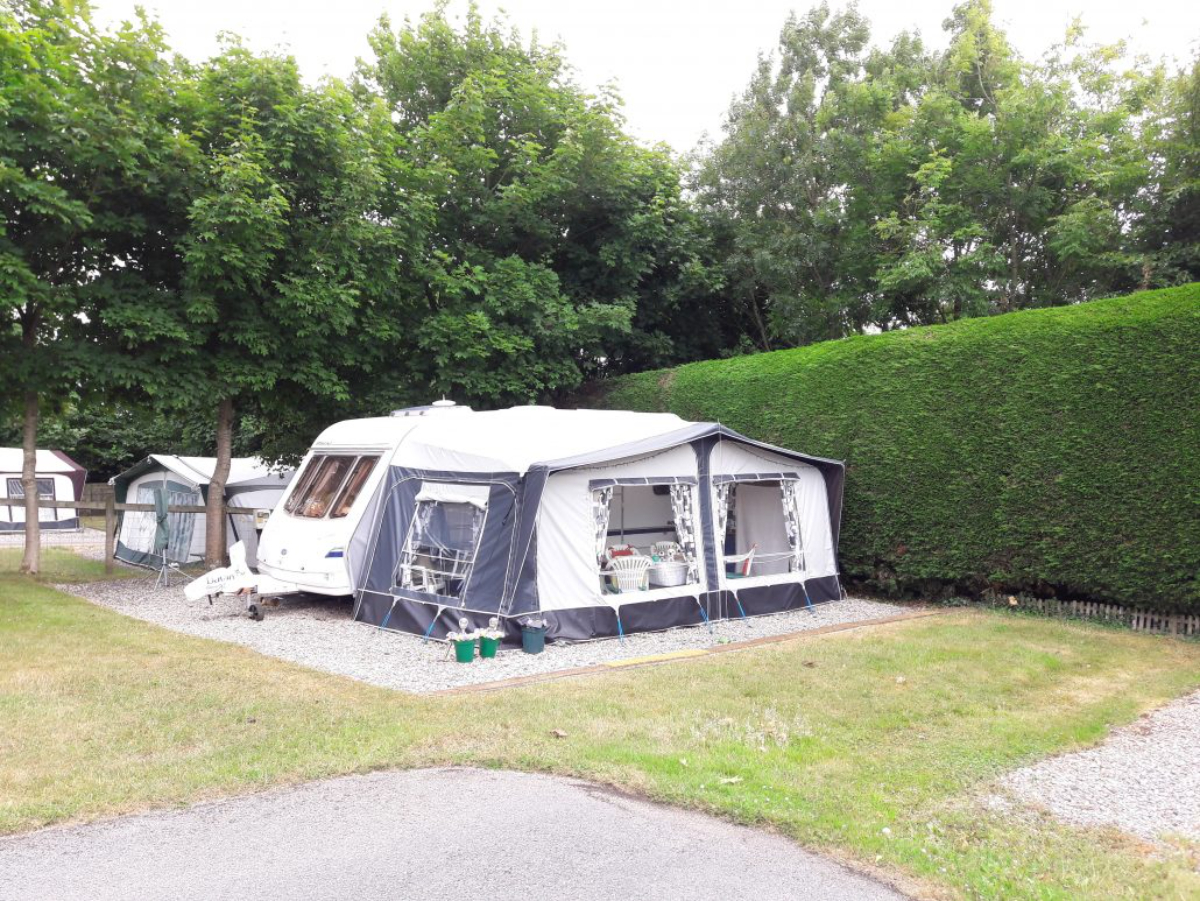Avoid common Touring Caravan mistakes like overloading and faulty towing set-ups. Our guide helps your journey stay smooth, safe, and enjoyable.
Overloading the Caravan
Caravan weight limits are essential for safe towing, yet many owners overload their caravans without realising it. Exceeding the maximum weight can affect stability, making it harder to control the vehicle, particularly when braking or cornering. To avoid this, always check your caravan’s Maximum Technically Permissible Laden Mass (MTPLM) and weigh your load accordingly.
Distribute weight evenly, keeping heavier items low and central to maintain balance. Avoid unnecessary items and use storage wisely. A nose weight gauge can help ensure correct load distribution. By staying within weight limits, you’ll improve fuel efficiency and reduce strain on tyres, suspension, and brakes, ultimately ensuring a safer and more enjoyable journey.
Incorrect Towing Setup
A poorly configured towing setup can lead to instability, poor handling, and even accidents. One common mistake is not matching the tow vehicle’s capacity with the caravan’s weight. Always check the manufacturer’s towing limit and ensure your car is suitable. Incorrect hitching, such as an improperly fitted tow ball or safety chain, can also cause issues.
Make sure the caravan sits level when connected and that the nose weight is within the recommended range. Additionally, adjusting your mirrors for a clear rear view and connecting electrics properly will enhance safety. By taking the time to set up correctly, you can avoid swaying, improve control, and ensure a smoother towing experience.
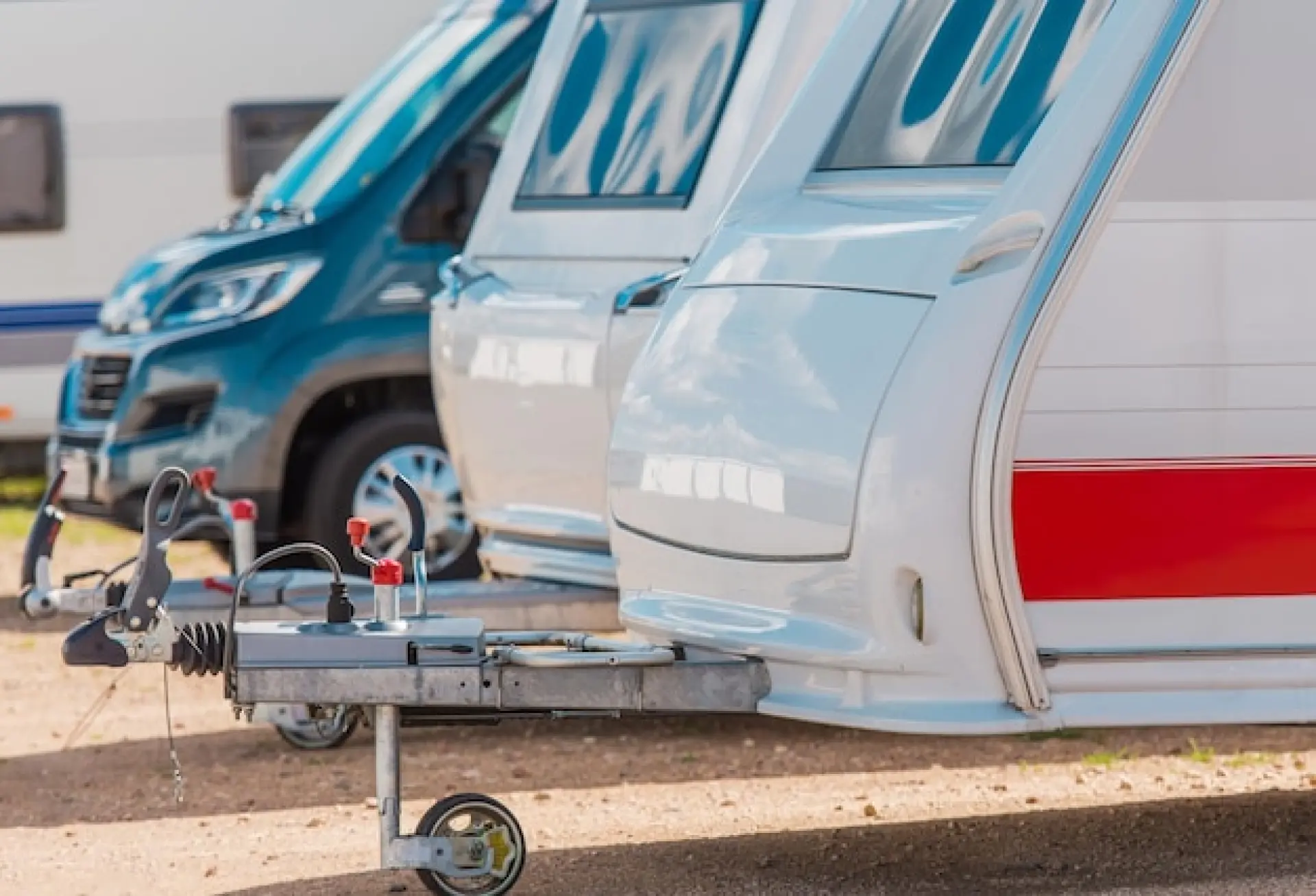
An essential part of towing correctly is ensuring that your weight distribution is optimised to prevent excessive movement. An imbalanced caravan can lead to "snaking"—where the caravan starts to sway uncontrollably—especially at higher speeds.
This can be extremely dangerous and is one of the leading causes of caravan accidents. Using stabilisers and ensuring a well-balanced load significantly reduces the risk.
Additionally, tyre pressure is crucial, as incorrect pressure can lead to reduced grip and an increased chance of a blowout while driving. Another common oversight is failing to account for additional braking distance.
Caravans add significant weight to your vehicle, meaning braking takes longer. Always maintain a greater distance from the vehicle in front and brake earlier than usual.
Finally, make sure your towing mirrors are legally compliant. They should give you a full view of the caravan and the road behind, reducing blind spots and making lane changes and reversing much safer.
Forgetting Pre-Trip Safety Checks
Skipping essential pre-trip checks can lead to breakdowns and dangerous situations on the road. Before setting off, inspect your caravan’s tyres for wear, damage, and correct pressure.
Check lights, indicators, and brakes to ensure they are working properly. Secure all interior items and cupboards to prevent shifting while driving. Ensure the hitch is locked and the breakaway cable is correctly attached.
Gas bottles should be off and stored securely, and water systems checked for leaks. Taking the time to complete these safety checks before each journey can prevent avoidable problems, making your trip safer and more enjoyable.
Not Levelling the Caravan Properly
A poorly levelled caravan can cause a range of problems, from uncomfortable sleeping arrangements to appliance malfunctions. Fridges, for example, may not operate efficiently if the caravan is on a slope.
An uneven caravan can also place extra strain on doors, cupboards, and the chassis. To avoid this, use a spirit level and levelling ramps when parking. Raise one side if necessary and ensure the front-to-back angle is correct using the jockey wheel.
Once level, stabilising legs should be deployed but not used to lift the caravan. A properly levelled setup improves comfort, helps appliances work correctly, and reduces wear on structural components.
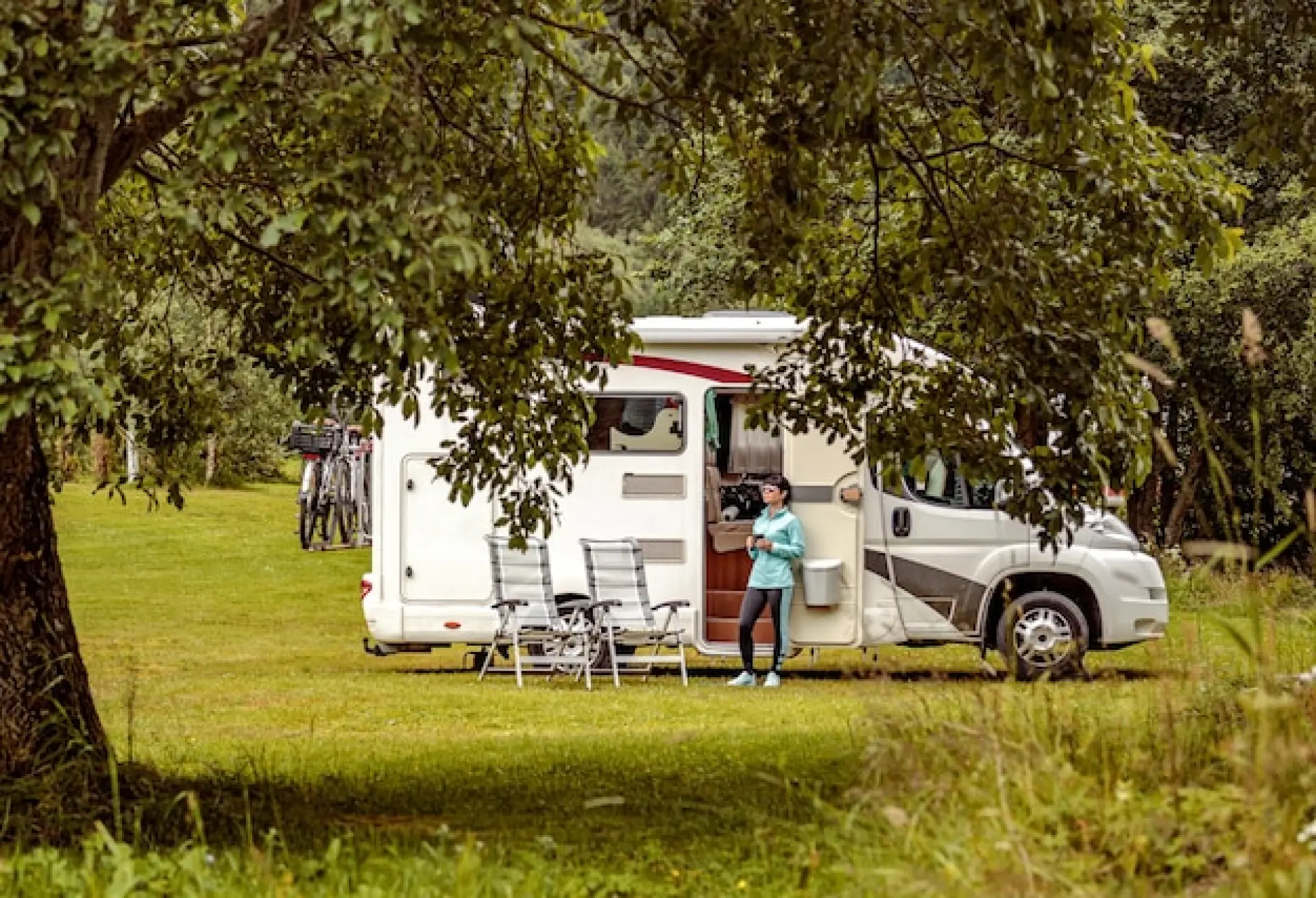
Another issue with an unlevel caravan is that it can affect the overall structural integrity of your unit over time. If one side is regularly higher or lower than the other, it puts uneven stress on the suspension, tyres, and even the internal fittings.
Over time, this can cause premature wear and tear, leading to costly repairs. Poor levelling also affects water drainage in sinks, showers, and waste tanks.
Water may pool in places it shouldn’t, leading to leaks, dampness, or unpleasant odours. When setting up on soft ground, it’s important to use wide pads under the stabilisers to prevent sinking, which could cause a gradual tilt over time.
Additionally, ensuring the entrance step is at a comfortable height reduces the risk of trips and falls. A correctly levelled caravan makes all aspects of your stay easier, from cooking and sleeping to general movement inside. Taking a few extra minutes to level your caravan properly can prevent numerous issues and improve the overall touring experience.
Neglecting Regular Maintenance
Failing to maintain a caravan properly can lead to costly repairs and unexpected breakdowns. Regular servicing helps prevent problems such as damp, faulty electrics, and worn tyres.
Key maintenance tasks include checking for water ingress, lubricating moving parts, and inspecting brakes, wheel bearings, and the chassis for damage. Gas and electrical systems should be tested annually to ensure safety.
Cleaning the exterior regularly also helps prevent corrosion and extends the life of seals and fittings. By keeping up with maintenance, you can prolong the lifespan of your caravan, maintain safety standards, and enjoy worry-free touring.
Widend Touring Park offer exceptional touring services for families seeking memorable camping trips and comfortable stays. If you're local to the area, or you're travelling nearby, why not give us a call and set up a pitch?

